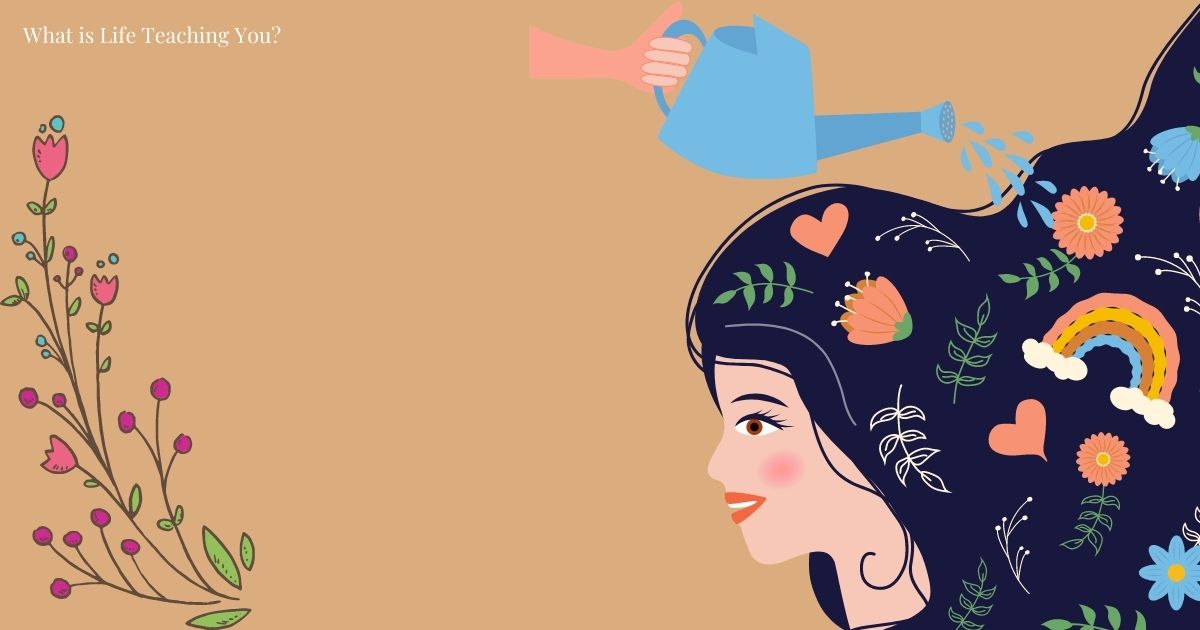In November 2012, I attended a seminar about Play Therapy which was facilitated by PhilPlay. Before that day, I did not have any clear idea about Play therapy but after completing the three-day seminar, I can say that it helped me become a better psychologist and more to it, a better person.
I am not writing this to share with you the techniques or the concepts I learned because it would take too much time, practice, and expertise to do that. I am writing this now to impart to you some life lessons I realized while undergoing the training.
1. Our deepest emotions cannot be captured by words.
People tend to filter what they want to say or show to other people. It is good to watch out for the words that come out of our mouths but sometimes the things that we can’t talk about or the feelings which we cannot express verbally are the ones which are more precious. By this, we should learn how to be sensitive with other people. With their simple hand movement, nod, hand shake, blink or any other simple gestures, we may see how they really are and how they really feel. Sometimes they say that they are okay but when you look in their eyes, it’s actually screaming NO!
2. Helping people with their problems does not mean that you should solve their problems. Helping people means EMPOWERING them to solve their own problems.
One of my favorite motto used by counselors is:
“Help the people help themselves.”
I, as a psychologist, or let us say even just a friend, cannot give solutions for my friends’ problems because even if I can empathize with the situation, we are still different from one another. We have different personalities which makes us unique in handling our problems. What you can only do is to empower, help, and guide them to think carefully. Empowering them means making them feel that they can do it and they have the power to decide for themselves. Show them that they have the ability to do it. Let them do it their way and not your way.
3. R-E-S-P-E-C-T
We usually hear and use the word RESPECT for elderly people. They are old enough and they have gone through a lot of experiences that is why we honor them. One thing I realized from the seminar is that even children need respect. Children have their own pacing in the things they do everyday and just by respecting how they work, how they do things, and how long it will take for them to accomplish an activity is a way of respecting them. Just by merely asking if you can have one of their candies, if you could play with his or her toys, or even asking permission to kiss them is something they would surely appreciate. They will feel that they are respected in a way.
4. Even if you are always busy helping other people, do not forget to take care of yourself too.
In my profession as a psychologist, everyday we face the challenge to guide people to know more about themselves. A lot of people say that “You should be like this or like that.. because you are a psychologist” or “You should know what to do because you are a psychologist.”
Some people think that as a mental health professional, we do not have problems anymore because we know how to solve them immediately. What they don’t know is that we, ourselves, sometimes also need someone to listen to and help us clear our mind.
No matter how many people we do sessions with everyday, at the end of the day we are still humans who need time to rest and have some time alone. We still have to leave a part of us that is not consumed by the problems of other people. This is a reminder to pause, rest, and pamper yourself from time to time.


0 Comments